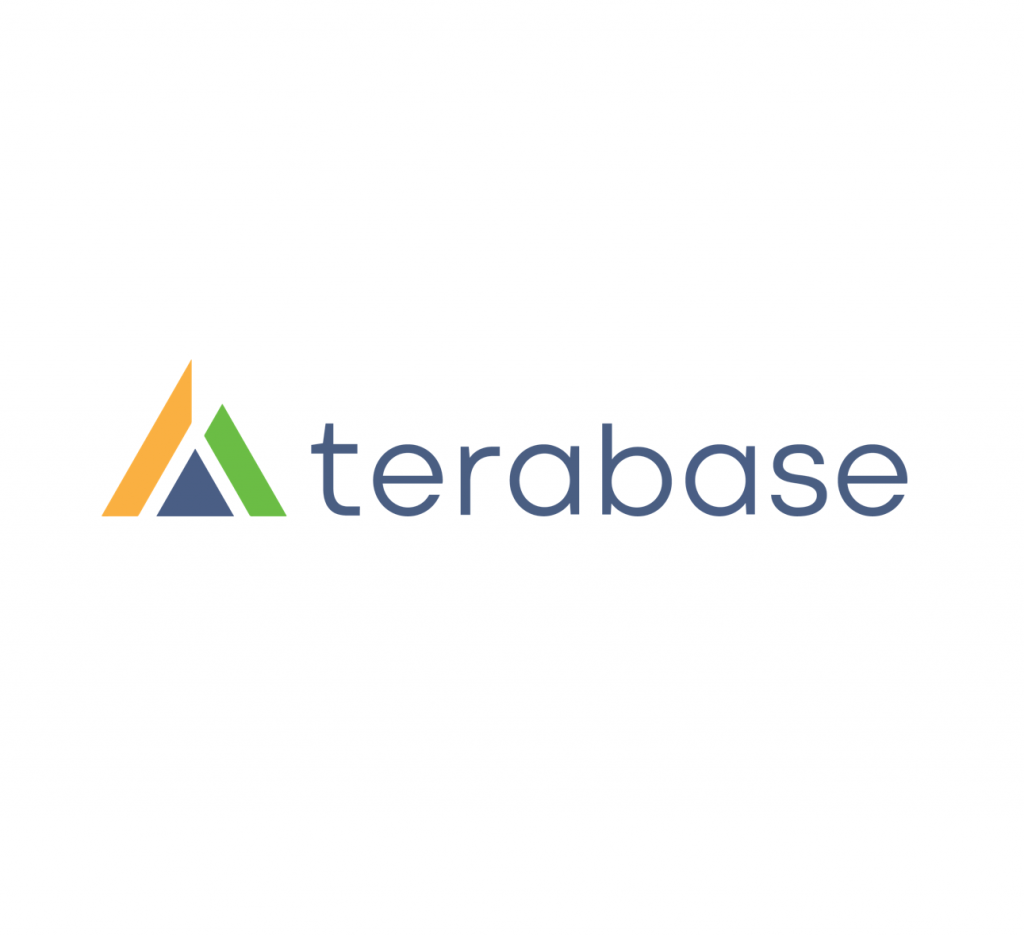Venture Capital’s Role in Carbon Pollution Drawdown & the Paris Accord
SJF Ventures has joined thousands of investors, businesses, and universities along with nine states and hundreds of cities to sign on to the “We’re Still In” pledge to join the global effort to hold warming well below 2C. Climate wealth investment opportunities abound, as recently illustrated by the 100 solutions profiled in Drawdown-The Most Comprehensive Plan Ever Proposed to Reverse Global Warming [i], edited by Paul Hawken. Venture capital can play a critical role in scaling these solutions – whether in the obvious sectors like solar, wind, hydro, and energy storage but also in transportation, food and agriculture, materials reuse and recycling, smart cities and industrial innovation.
Being a successful VC involves backing great entrepreneurs and helping them to scale. Similarly, fighting global warming involves identifying and commercializing climate solutions. SJF Ventures was founded 18 years ago as the Sustainable Jobs Fund based on prior work in solar and recycling and the recognition that job creation, entrepreneurship, and ecological improvement can go hand in hand. As we have scaled from our first $17MM fund to our fourth fund which was oversubscribed at $125MM in late 2016, we have been joined by many impact investors who share our conviction that mission and returns can be ‘mutually inclusive’ [ii]. In the last decade, The Global Impact Investment Network and others have helped catalyze interest in impact investing. More recently SJF along with Bridge Ventures and other fund managers have organized the Impact Capital Managers as a peer network to scale best Impact VC practices.
Many investors like SJF have successfully invested in climate solutions despite the boom and bust cycle of ‘cleantech VC.’ A few years ago many Silicon Valley VC funds entered, stubbed their toes, and eventually exited the field. Most of these cleantech VC losses were concentrated in capital intensive bets on solar modules and biofuels which ran headlong into low-cost Asian solar manufacturers and low oil prices. All along the way, whether it be called ‘sustainable’ or ‘cleantech’ or ‘greentech’, SJF and many others have invested in capital efficient companies providing climate solutions through innovative business models, IoT tech, SaaS platforms, online marketplaces, innovative chemistry and modular technology.
While avoiding capital intensive solar cell technology bets, SJF has focused on ‘downstream solar’ deployment firms that can deliver lower cost power at utility scale. We led the Series A for groSolar back in 2006, an early national solar developer and EPC. The company built 500 KW to 30 MW projects across the country and now leads the distributed energy division for EDF Renewable Energy. Then, in 2010 we led the Series A round for Community Energy (CEI), an early wind developer that has gone on to develop hundreds of megawatts of solar projects in many emerging solar states – NC, GA, VA, MN, CO, PA, NJ, MA, and IN. CEI is responsible for the largest solar project in the Midwest, north of Minneapolis (pictured above), and in Virginia, with offtake to Amazon Web Services.
Through groSolar and Community Energy, we saw the potential of utility scale solar to deliver low cost power that was attractive not only to states with RPS standards, but also to utilities and corporate buyers. But fixed tilt mounting systems did not optimize the power output, so we were fortunate to be introduced to NEXTracker by their earlier investor, DBL Partners. In late 2014, SJF led the B round for NEXTracker, which had developed an elegant, low cost, modular tracking system that greatly improves the power production on utility solar plants. NEXTracker went on to be acquired in late 2015 by Flex for $330MM and has scaled deployment of clean power globally, with installations in Chile, Mexico, India, Australia, Jordan as well as the US. The company has reached 9 GW of renewable energy capacity installed, including the largest North American project, a 750 MW installation in Mexico. NEXTracker is a great example of the export opportunity facing U.S. firms under the Paris Accord to assist developing countries for the low-carbon transition. Recent developments show countries like India, where NEXTracker has already sold 1 GW of trackers, cancelling plans for coal plants and committing to scaling low cost renewable energy generation[iii]
In October 2015, we wrote this 100% Clean Energy – the new Zero Waste piece, inspired by the NEXTracker exit. Since then, many more companies have committed to 100% renewable power, including Facebook, Ikea, Apple, Walmart, Starbucks, UBS, Microsoft, Salesforce, HP, H&M, Goldman Sachs, and GM. Solar and wind are often the lowest cost power option versus new fossil fuel power. Most encouraging is the recent drop in battery costs driven by electronics and EVs that is making large scale solar plus megawatt scale energy storage competitive with peaking natural gas plants in some regions. Much higher levels of renewables can contribute to grid resilience and reliability as documented in recent studies. These developments are providing a path to a fully carbon free energy system through the combination of renewables, energy storage, smart grid, demand response, and electric transport.
Recycling, composting, asset recovery and reuse companies, while less obvious than solar, also drive powerful carbon reduction and positive impacts. SJF recently won the 2017 Circular Economy Investor Award recognizing our history of backing circular innovators – such as Salvage Direct in autos, Hyla Mobile in mobile devices, CleanScapes in zero waste municipal collections, BioSurplus in lab equipment, Novinium in underground power cable rejuvenation, and Optoro in reverse logistics for retail goods. In 2015 alone, Novinium rejuvenated more than 9.5 million feet of power cable resulting in over 137,000 metric tons of CO2 emissions being mitigated. Optoro is attacking the 4 billion pounds of waste and 11 million metric tons of CO2 being generated by the 3.5 billion products returned by consumers each year. Optoro’s customers are achieving 60% waste reduction and 31% carbon reduction via the company’s reverse logistics SaaS platform. We’re constantly searching for other firms that can ‘reprogram’ a wasteful product and materials flow into a circular economy solution, driving profits and impacts.
Transportation and the built environment are two other big generators of carbon pollution. SJF portfolio companies TransLoc and EnTouch help drive efficiencies in those sectors via low cost IoT sensors and controls tied to robust SaaS and managed service platforms. Many other smart city innovations should help us commute, work, and live with much smaller carbon footprints as we tap mobile, IoT, and intelligent infrastructure solutions.
SJF has also worked to measure and accelerate the impacts of its portfolio companies since inception, as highlighted in our recent Impact Report. Recently, SJF and a Duke CASE team used company data and third-party carbon dioxide emissions research to develop a Carbon Impact Model. We calculated that SJF Ventures portfolio companies helped mitigate over 341,000 metric tons of CO2 in 2015, equivalent to removing 71,000 cars from the road for a year or planting 8.7 million trees. SJF was one of the first venture capital funds to study and report on the carbon impact of its portfolio. We’ll be releasing our updated model for 2016 later this summer.
We are eager for many more investors to join us in climate wealth investing, using the term Jigar Shah popularized with his book Creating Climate Wealth back in 2013. Whether as angel investors, funds, project financiers, or SRI mutual fund investors, we all have a role to play.
For our part with our new fund, SJF Ventures is on the hunt for our next great climate solutions portfolio companies that are raising $5MM to $20MM to scale up their solutions. We are particularly interested in large scale energy storage, next generation downstream solar, efficient food and agriculture, circular economy innovations, and smart city solutions. With offices in Durham, New York, San Francisco, and Seattle we are eager to engage with any company driving the next generation carbon drawdown solutions to help us do our part to achieve the goals of the Paris Accord.


